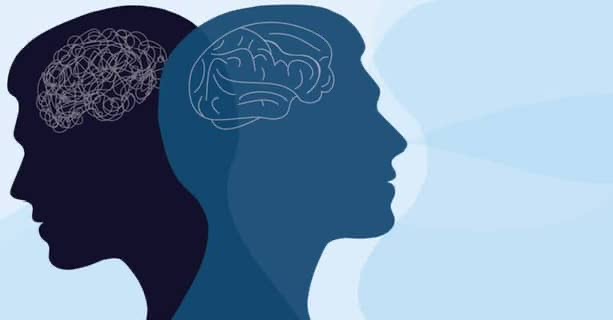A Gender Studies scholar and mental health advocate, Prof. Eugenia Akpa has called for greater attention to the psychological well-being of men affected by conflict, particularly those living in Internally Displaced Persons (IDP) and refugee camps.
Akpa made the call during an interview on Sunday in Abuja.
She noted that while humanitarian efforts often focus on women and children, the mental health challenges faced by men in these settings are frequently overlooked.
“Men are often on the frontlines of conflict, directly exposed to violence, death, or the loss of their traditional roles as family protectors,” she said.
According to Akpa, men who survive such experiences often struggle with feelings of shame, helplessness, and identity loss.
“Men are not expected to be in camps. They’re expected to be at the battlefront. But those who survive—whether elderly, injured, or unable to fight—end up in camps with women and children. The loss of control and identity can be deeply traumatic.”
She explained that many of these men are burdened by feelings of failure and a diminished sense of dignity, particularly when they can no longer provide for or protect their families.
“In the camp, they are at the mercy of aid. That alone, being unable to act as a provider, causes psychological strain.”
Akpa warned that if these emotional issues are left unaddressed, they could manifest in harmful behaviors such as withdrawal, aggression, or gender-based violence.
“Some men try to reassert control through violence, saying, ‘I’m still the man.’ This is part of the reason gender-based violence thrives in camps,” she noted.
She stressed the urgent need for mental health interventions specifically designed for men in conflict zones, including counseling, awareness campaigns, and gender-sensitive support services.
“These men must first accept that, despite being men, they are still human beings affected by crisis. Understanding and accepting this new vulnerability is key to recovery.”
Akpa also urged humanitarian workers and host communities to avoid stigmatizing such men and instead support their journey toward healing and reintegration.


